Mahabat Maqbara
This otherworldly palace-mausoleum complex is the stuff eternal dreams are made of.
Along a busy road in the heart of Junagadh city lies one of India’s least-known, yet most jaw-dropping architectural oddities. A smashing blend of Gothic and Islamic ornamentation, the Mahabat Maqbara complex remains one of India’s best kept secrets.
This striking structure rising from out of nowhere is the mausoleum of Wazir Bahaduddinbhai Hasainbhai, one of the chief nobles in the Court of Nawab Mahabat Khan II of Junagadh. Construction on the yellow-walled complex began in 1878 by Mahabat Khanji and was completed in 1892 by his successor, Bahadur Khanji. Over a decade’s worth of work culminated in elaborate carvings on the buildings’ inner and outer façades, fine arches, French-style windows, columns and shining silver doorways. On the adjacent mosque, each minaret is encircled from top to bottom with winding staircases. Both buildings topped with distinctive “onion dome” rooflines.
The monument’s seemingly perplexing mixture of Indo-Islamic, European, and Gothic architecture makes a bit more sense when considered in the larger context of the complex history of the district of Junagadh itself. Founded in 1748, Junagadh had officially become a British Protectorate in 1807 though was handed over to the East India Company’s control in 1818. For the rest of Great Britain’s colonial rule of India, the Saurashtra region escaped direct administration of British India. Instead, the British divided the territory into more than 100 princely states – including Junagadh – which remained in existence until 1947. The city’s present old town, built during the 19th and 20th centuries, existed in a sort of gubernatorial no man’s land. It is in this very spot that the Mahabat Maqbara complex was built, during the period of Britain’s occupation of India.
At the time of India’s independence from British rule in 1947, incumbent ruler Mahabat Khan III elected to join Pakistan despite Junagadh having no common boundary with the new country. Under pressure from the Indian government he fled to Pakistan, and Junagadh reunited with India just three short months after declaring its independence.
Despite the nonstop political tumult at its doorstep, Mahabat Maqbara has stood like a beacon as it quietly assumed the diversity of influences surrounding it.
For interested visitors, access to the grounds is free, and the entirety of the mosque is open to all. Wazir Bahaduddinbhai Hasainbhai’s mausoleum, however, is explorable from the outside only, though it is said that keys to the interior can be procured from a keeper from the mosque.
Know Before You Go
Just off MG Road, 5 minutes from the Junagadh Railway Station
Community Contributors
Added by
Edited by
The Atlas Obscura Podcast is Back!



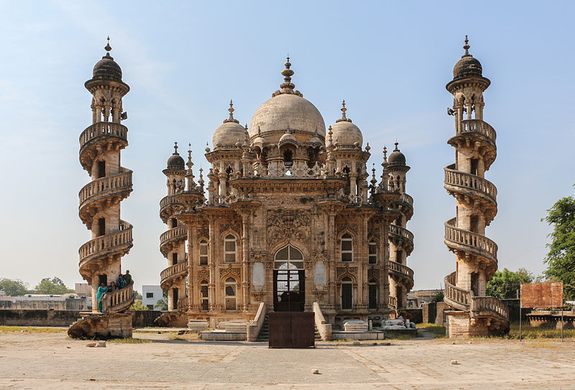



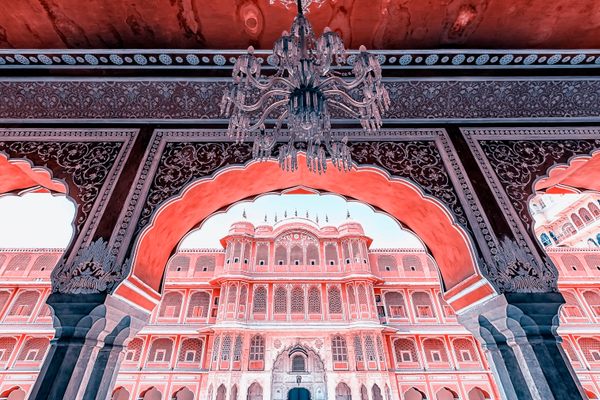


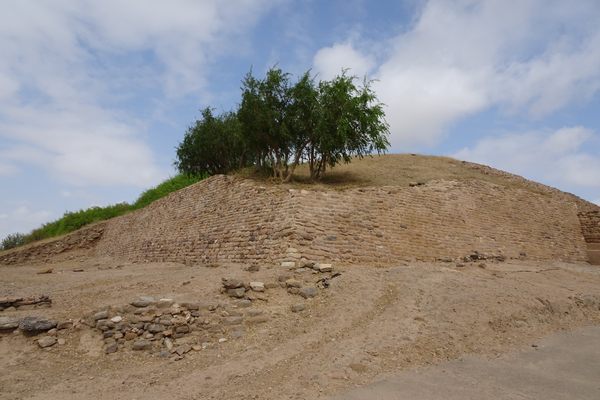
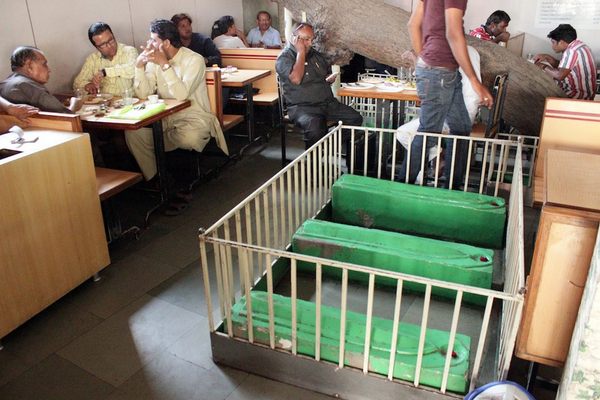
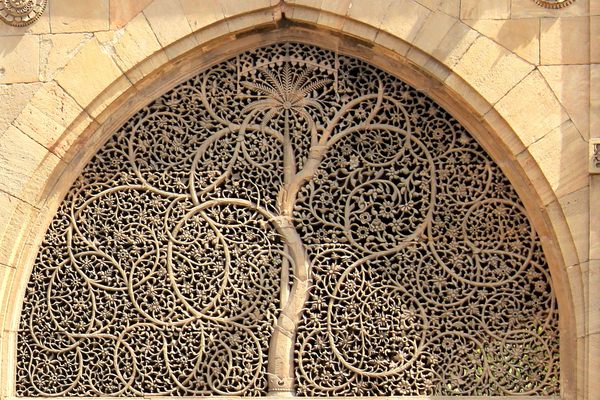
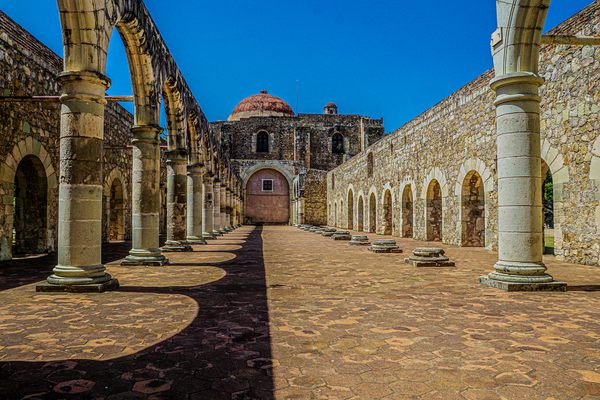

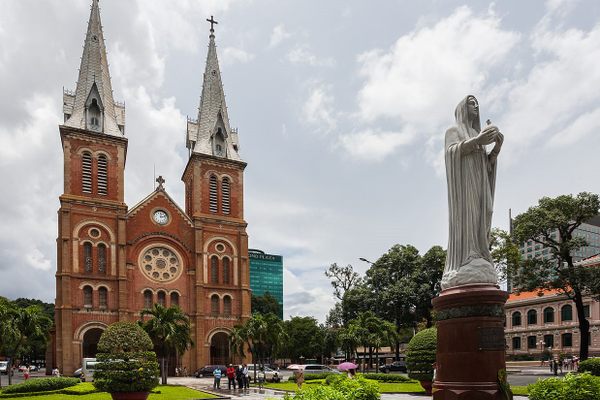
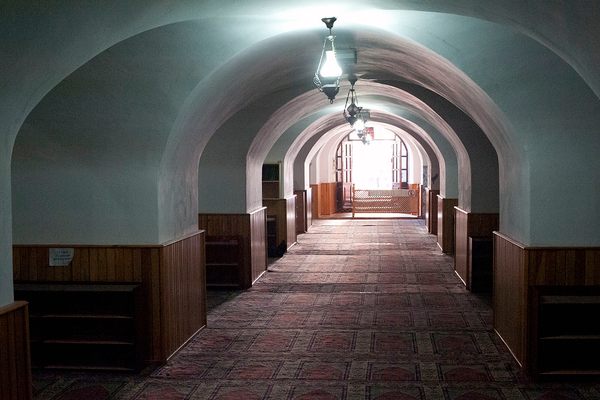

Follow us on Twitter to get the latest on the world's hidden wonders.
Like us on Facebook to get the latest on the world's hidden wonders.
Follow us on Twitter Like us on Facebook